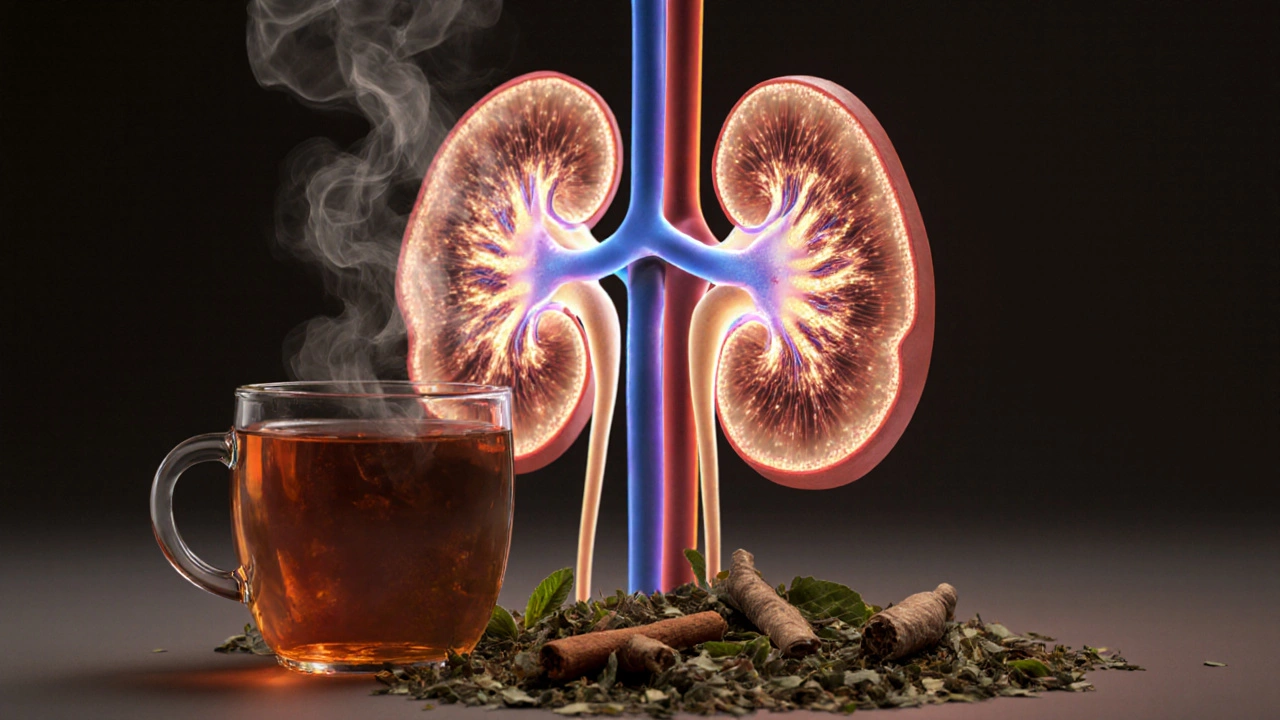Kidney Harmful Herbs: What to Avoid for Healthy Kidneys
When you think of herbal remedies, you probably imagine gentle, natural healing. But kidney harmful herbs, plants or plant extracts that can damage kidney function when used improperly or over time. Also known as nephrotoxic herbs, these substances don’t always show warning signs until it’s too late. Your kidneys filter everything you take in—food, water, supplements, even herbs. And while many traditional systems like Ayurveda use herbs safely, some have hidden risks that aren’t well known outside clinical circles.
Take Aristolochia, a genus of plants once used in weight loss and joint pain formulas. It’s been banned in many countries because it causes irreversible kidney scarring and even cancer. Still, it sometimes hides in unregulated herbal blends sold online. Then there’s St. John’s Wort, a popular mood support herb that interferes with kidney-clearing medications. People taking it for anxiety might not realize it’s making their kidneys work harder—or worse, reducing the effectiveness of drugs they need for blood pressure or diabetes. Even common herbs like Licorice root, often used for digestion and inflammation, can raise blood pressure and lower potassium levels, putting stress on kidney function over time.
What makes this worse is that most people assume "natural" means "safe." But your body doesn’t know the difference between a pill and a tea if the chemical inside is toxic. The real danger isn’t one-time use—it’s daily, long-term use without monitoring. People with existing kidney issues, diabetes, or high blood pressure are especially at risk. And because herbal products aren’t regulated like medicines, you can’t always trust what’s on the label. A study from the Journal of the American Society of Nephrology found that nearly 20% of herbal kidney injury cases came from products labeled as "pure" or "traditional."
You don’t have to give up herbs entirely. But you do need to know which ones to skip, how to spot unsafe products, and when to talk to a professional. Below, you’ll find real cases and clear warnings from people who learned the hard way. Some of these herbs are still sold in Indian markets, online stores, and wellness shops. Don’t assume they’re safe just because they’ve been used for centuries. Your kidneys don’t have a backup plan.
-
18
Discover which common herbs can damage kidneys, why they cause harm, and practical steps to keep your supplement routine safe.
